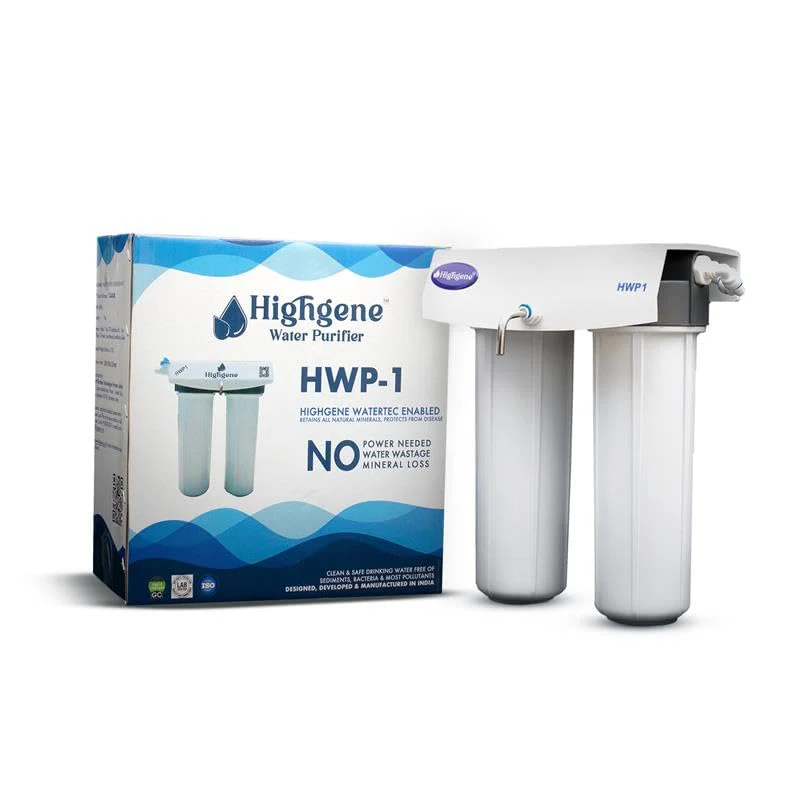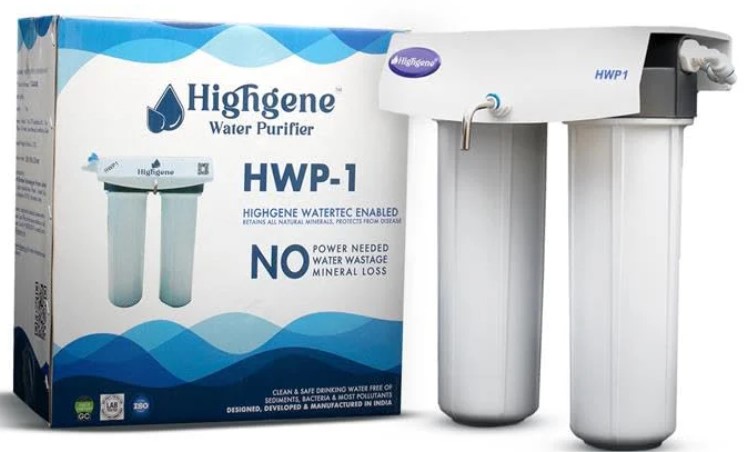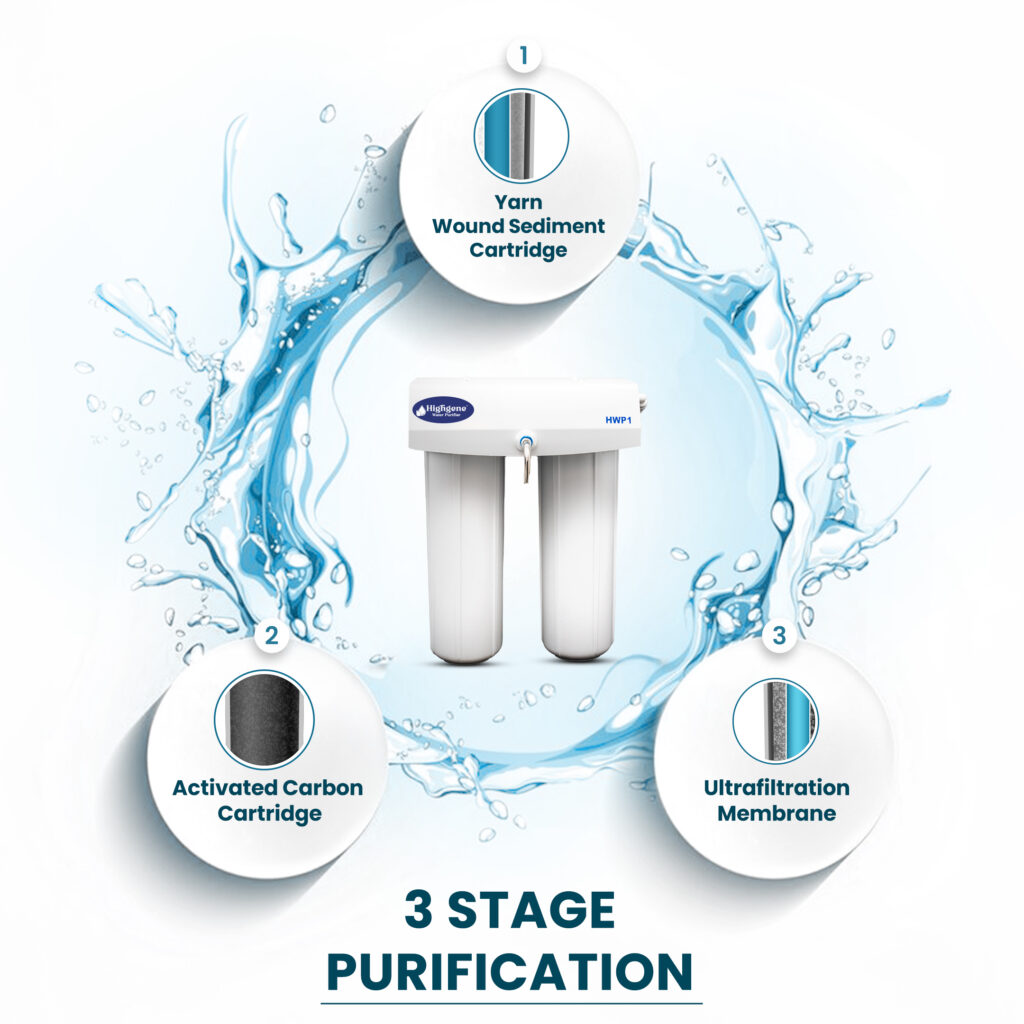Water Filter Non Electric: A Smarter, Sustainable Way to Safe Drinking Water
In today’s world, where clean drinking water is essential yet not always accessible, a water filter non electric emerges as a practical and eco-conscious solution for homes, offices, and rural areas alike. With a growing shift towards sustainable living, non-electric water filters are gaining popularity — and for good reason.
What Is a Non-Electric Water Filter?
A non-electric water filter is a filtration system that operates without electricity. Instead of relying on power to purify water, these filters use gravity, activated carbon, ceramic filters, or other natural filtering methods to remove impurities. They are often portable, low-maintenance, and highly cost-effective, making them ideal for areas with limited power supply or irregular electricity access.
Why Choose a Non-Electric Water Filter?
Here are some compelling reasons why switching to a water filter non electric might be one of the smartest decisions for your household:
1. Energy Independent
Unlike electric purifiers, these filters don’t require any power source, making them perfect for off-grid homes, travel, or emergency situations. This also means no monthly electricity bills tied to water purification.
2. Environmentally Friendly
Since they don’t consume electricity, non-electric water filters reduce your carbon footprint. Many of them are also built using recyclable or eco-friendly materials, supporting a more sustainable lifestyle.
3. Cost-Effective Solution
Initial costs of non-electric filters are typically lower than their electric counterparts. With minimal maintenance and no power costs, they offer long-term savings without compromising on water quality.
4. Simple to Use & Maintain
Most non-electric water filters involve straightforward installation and don’t require plumbing changes. Cleaning or replacing filters is usually hassle-free and doesn’t require technical expertise.
5. Consistent Performance in Power Outages
During blackouts or in remote areas where electricity is unreliable, these filters ensure a continuous supply of safe drinking water. Read More
How Do They Work?
While there are different types of non-electric water filters, the basic principle remains the same: gravity pulls water through multiple filtration layers. These may include:
•Sediment filters to remove dust, sand, and particles.
•Activated carbon filters that eliminate chlorine, odors, and organic contaminants.
•UF (Ultrafiltration) membranes to block bacteria and pathogens.
•Ceramic filters known for their ability to trap bacteria and fine particles.
Each component plays a role in ensuring the water is clean, fresh, and safe for consumption — all without the need for electricity.
Ideal Use Cases
•Homes in rural or semi-urban areas
•Disaster preparedness kits
•Outdoor enthusiasts and campers
•Travelers in areas with poor water infrastructure
•Eco-conscious families seeking greener alternatives
Things to Consider Before Buying
When purchasing a water filter non electric, consider the following:
•Water source (tap, well, borewell, etc.)
•Filtration capacity and speed
•Maintenance frequency and cost of filter replacement
•Certifications for water safety standards
Final Thoughts
In a world where water safety and environmental consciousness go hand-in-hand, opting for a water filter non electric is a step towards both personal health and planetary well-being. Whether you're living in a metro city with frequent outages or a village with limited infrastructure, these filters promise convenience, safety, and sustainability — all in one.




Adopting a non-electric water filter showcases the wise choice for an ecoconscious home, providing cleaner and safer drinking waters in smart sustainability.
A non-electric water filter that ensures pristine, safe drinking all while promoting environmental sustainability - a truly smart and responsible choice for conscious homes.
The unparalleled convenience and exceptional cost-effectiveness of a Water Filter Non Electric, offering an intelligent yet eco friendly solution to accessing safe drinking water directly from home taps without the need for electricity.
Adopting a non-electric water filter not only ensures sustainable access to safe drinking water but also promotes an eco mindset without compromising on efficacy – truly, the smarter choice for our planet and health.
Exploring an un-electrical water filter presents a smart and environmentally conscious approach towards ensuring safe, sustainable drinking sources in the modern era.














